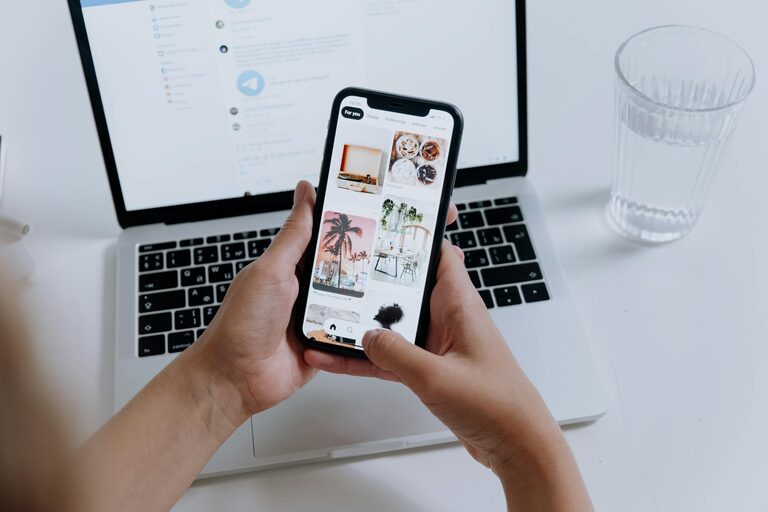How to Protect Your Eyes During Screen Time: Simple Tips for Eye Health

Spending hours in front of screens is a daily reality for many people. Whether you’re working on a computer, scrolling on your phone, or watching TV, prolonged screen time can lead to eye discomfort and strain. Luckily, there are several simple steps you can take to protect your eyes and maintain good vision health.
Understanding Digital Eye Strain
Digital eye strain, also known as computer vision syndrome, occurs from extended use of screens. Symptoms may include dry eyes, headaches, blurred vision, and neck or shoulder pain. While these effects are usually temporary, long-term eye discomfort can impact your quality of life and productivity.
Why Protecting Your Eyes Is Important
Your eyes are sensitive and require care, especially since increased screen exposure can decrease blink rate, leading to dryness and irritation. Additionally, poor lighting and incorrect screen settings contribute to eye strain. Prioritizing eye protection helps reduce discomfort and supports healthy vision over time.
Practical Tips to Protect Your Eyes During Screen Time
1. Follow the 20-20-20 Rule
One of the simplest ways to reduce eye strain is the 20-20-20 rule. Every 20 minutes, look at something 20 feet away for at least 20 seconds. This practice relaxes your eye muscles and reduces fatigue.
2. Adjust Your Screen Settings
– Brightness: Match your screen brightness with the ambient light around you. Too bright or too dim screens make your eyes work harder.
– Text Size: Increase the font size so reading feels comfortable without squinting.
– Color Temperature: Use warmer colors in the evenings to reduce blue light exposure, which can interfere with sleep.
3. Maintain Proper Screen Distance and Position
Your screen should be about an arm’s length (20-24 inches) away from your eyes and positioned slightly below eye level. This angle helps prevent glare and reduces strain on your neck and shoulders.
4. Use Anti-Reflective or Blue Light Glasses
If you spend a lot of time on screens, consider blue light or anti-reflective glasses. These lenses help filter out harmful blue light that may contribute to eye fatigue.
5. Blink Frequently and Use Artificial Tears
Staring at screens reduces your blink rate, causing dry eyes. Remember to blink often to keep your eyes moist. If dryness persists, lubricating eye drops designed for digital eye strain can offer relief.
6. Optimize Your Lighting Environment
Avoid working in overly bright rooms or in darkness. Use soft, natural lighting when possible and reduce glare by positioning your screen away from windows or direct light sources.
7. Take Regular Breaks and Move Around
Besides resting your eyes, taking breaks encourages you to change posture and relax muscles that can tighten during screen use. Stand up, stretch, or walk briefly every hour.
8. Keep Your Screens Clean
Dust and fingerprints can decrease screen clarity, making your eyes work harder. Clean your devices regularly with a soft, lint-free cloth.
Additional Lifestyle Tips for Eye Health
– Stay Hydrated: Drinking enough water supports tear production and overall eye moisture.
– Eat a Balanced Diet: Foods rich in antioxidants, vitamins A, C, and E, and omega-3 fatty acids benefit eye health.
– Get Regular Eye Exams: Periodic checkups help detect vision problems early and keep your prescription up to date.
Setting Healthy Screen Boundaries
Managing your overall screen time can dramatically improve eye comfort. Consider setting limits for recreational device use, and engage in non-screen activities like reading physical books, outdoor time, or hobbies.
Conclusion
Protecting your eyes during screen time is essential for maintaining comfort and long-term vision health. By following simple habits such as the 20-20-20 rule, adjusting your workspace, and caring for your eyes with regular breaks and hydration, you can enjoy technology without sacrificing eye wellness. Remember, small changes in how you use screens can make a big difference in how your eyes feel at the end of the day.
Prioritize eye care today for a clearer, healthier tomorrow!




